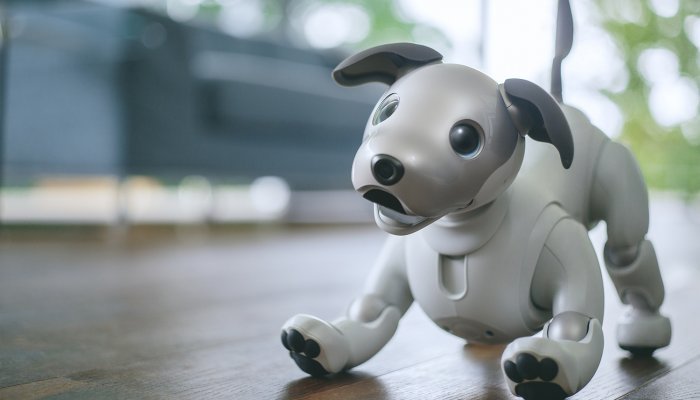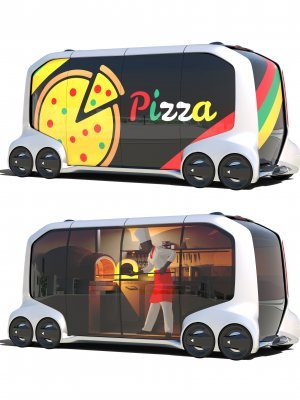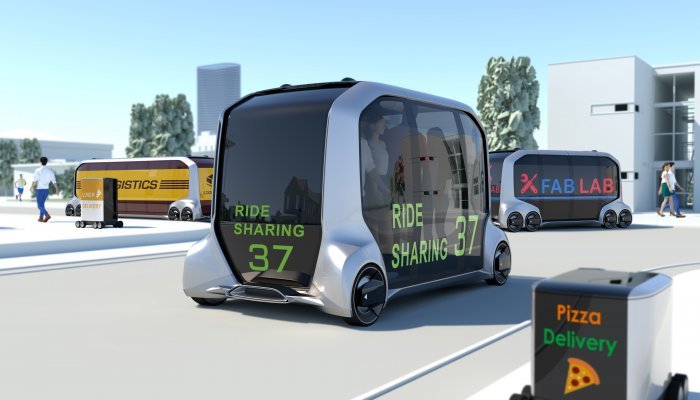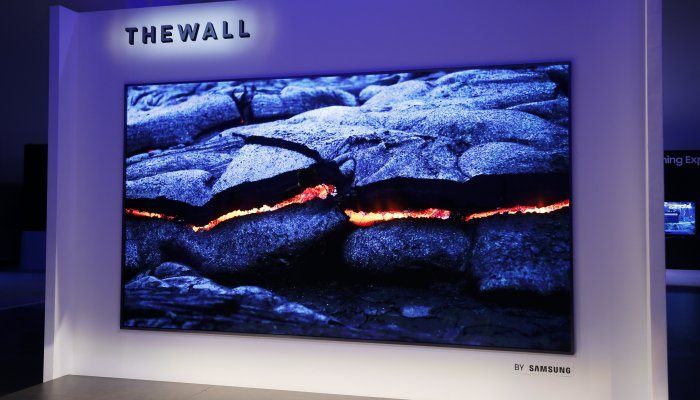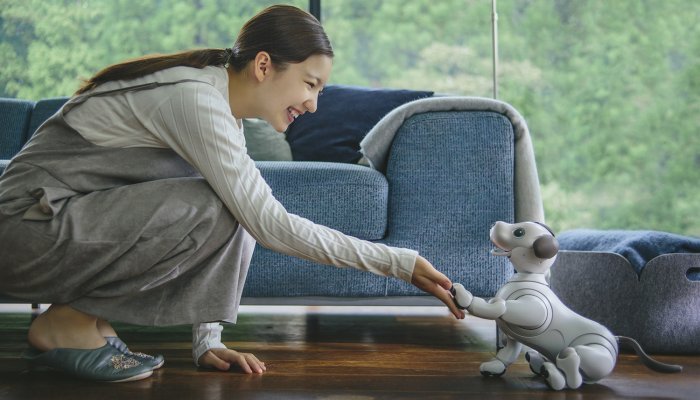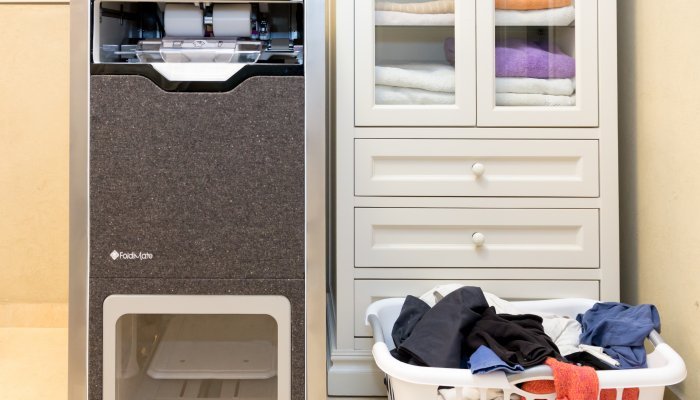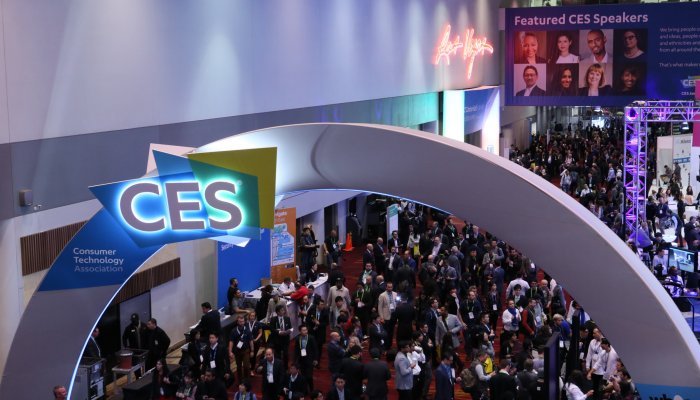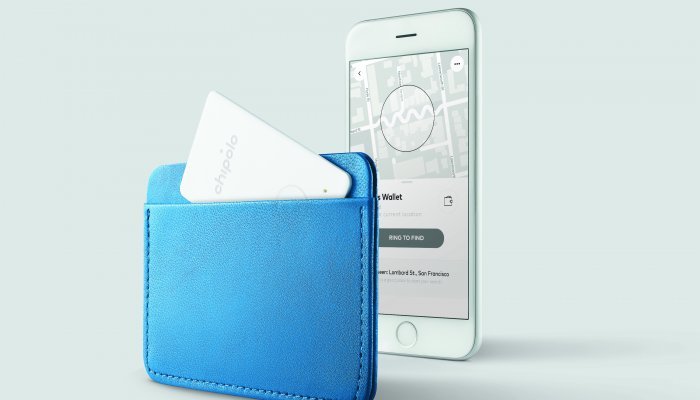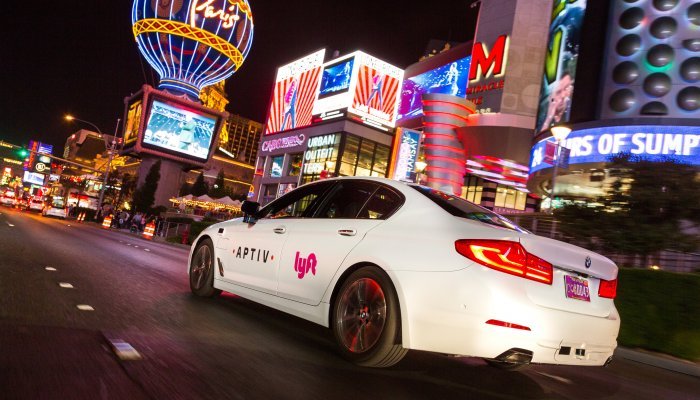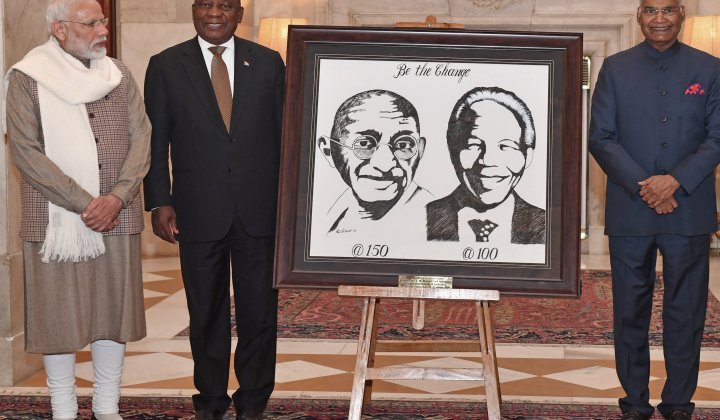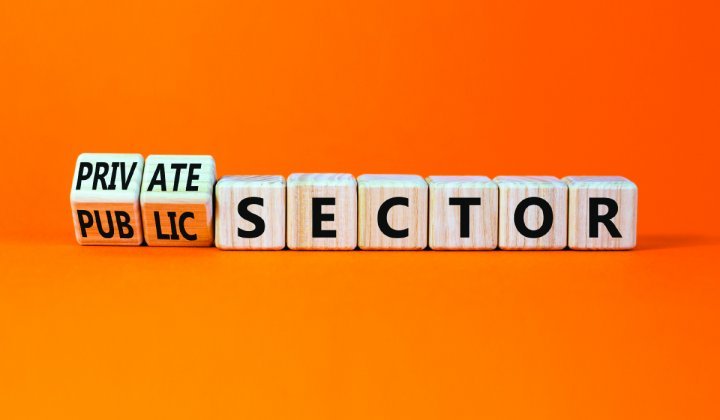Going to CES in Las Vegas at the beginning of January is one of the highlights of my year. It’s indeed a privilege to trek across the Atlantic to experience the technology feast that has yet to disappoint me. It has been incredible over the years to witness the evolution of technology and get insight into where it’s heading. CES 2018 did not disappoint. This year CES has been like a good red wine that has aged perfectly. In the last few years we’ve seen the promise of many new technologies, but they were not quite there yet. This year, the tech has matured and is tangible and ready to be incorporated into our every day lives.
Last year, Amazon’s Alexa dominated as an intelligent personal assistant embedded in so many devices. This year, Google came to the party with Google Assistant and it was a battle to see who will rule and own our voices. Almost every device around us today is using voice for instruction. These voice engines are in cars, phones, machines, fridges, televisions – they’re everywhere. Voice is becoming integrated with technology to free our hands to do other things. The cars on display were breath-taking and have taken massive strides into a fully autonomous future. There were robots galore, all trying to become human and be part of our lives. Televisions get even bigger and the picture quality leaves one gobsmacked at how real it is. Everything is connected and sharing data, from health devices to water meters. The Internet of Things is finally ready to share its benefits us.
Toyota's New Mobility Ecosystem
If you won't go to the pizza store, then the pizza store will come to you.
This created quite a buzz. The idea behind it takes the technology of autonomous driving vehicles to another level by adding another mobility solution to the ecosystem: taking ecommerce to the customer. The futuristic vehicles are customisable for any business. Imagine a mobile pizza store being able to drive to you or a mobile office at a location when needed or a fully functioning office in the middle of nowhere.
Lyft Driverless Vehicles
Public self-driving vehicles become real.
Lyft is Uber’s competitor in US, and they partnered with BMW and Aptiv, an autonomous tech company, to demonstrate the power of self-driving cars. Their vehicles drove to 20 destinations within Las Vegas. Humans were present behind the wheel as a safety measure although no human intervention took place throughout the show.
Samsung’s “The Wall”
Samsung introduces the modular television.
Samsung’s new concept gives consumers the option to customise a television to suit the size of their room. The screen can adapt to serve different purposes, such as creating a wall-size display for multiple spaces. The MicroLED technology displayed at CES is designed to be durable and have low power consumption. On display was a massive TV measuring 146 inches or 3,7 metres wide. Yes, it was massive, but the picture quality was remarkable considering the size.
Foldimate
An automated folding machine for clothing
Price $1000
One of the chores I absolutely hate around the house is folding clean washing. The Foldimate is a laundry folding robot that does this job for you seamlessly. You simply feed your clothes into a slot, the smart robotic technology automatically adjusts the folding method based on preferences, item type and sizes. The folded items appear at the bottom of the machine a few minutes later. It does shirts, pants and even t-shirts. Sadly, it doesn’t do socks yet, but hey, I am willing to make that sacrifice! The machine is scheduled to go on sale early in 2019.
Sony Aibo
A robotic dog that learns from you.
Price $1800
Sony's first Aibo robotic dog, introduced 20 years ago, became an instant hit and developed cult-like status. When the first generation Aibo went on sale, it sold 3000 units in just 17 seconds. The first robotic dogs were very basic, but cute enough for even adults to get hooked. When Sony discontinued production in 2006, they had sold close to 70 000 units. Fast forward to 2018 and Sony has a new hit with the launch of the next generation Aibo. A Sony executive told me that massive technological strides have been made in the last decade, and together with artificial intelligence and smart sensors, Aibo is a totally new robotic dog. Sony’s new digital pet has machine learning capabilities to learn from human interaction and is packed with sensors, it has a wide angled camera lens in its nose and now connects via an app. At $1800 or R22 000 this is one expensive pooch! But wait, think about it: with Aibo, you never have to collect any dog poo from the garden. Surely that’s worth it?
Chipolo Card
For those who tend to misplace their wallets
Price $35
Chipolo is the world’s thinnest wallet finder. It is the size of a business card and slides into one of the slots of your wallet. According to Chipolo, 323 million people have lost a wallet or some kind of bag in the USA over the last 5 years. This tiny device, which works via Bluetooth and an app, helps you find your wallet or bag if you have misplaced it. It has a range of 60 meters so as soon as your wallet goes missing, open up your app, activate the card, and a 95-decibel ring sound is emitted from card to help you find it. If you lose your wallet outside the Bluetooth range, the app remembers the last location of the wallet. Chipolo also has a global community so if any item is lost, a signal will be sent via another user’s app that picks up the signal from your item, to you anonymously on the location of your lost item.


